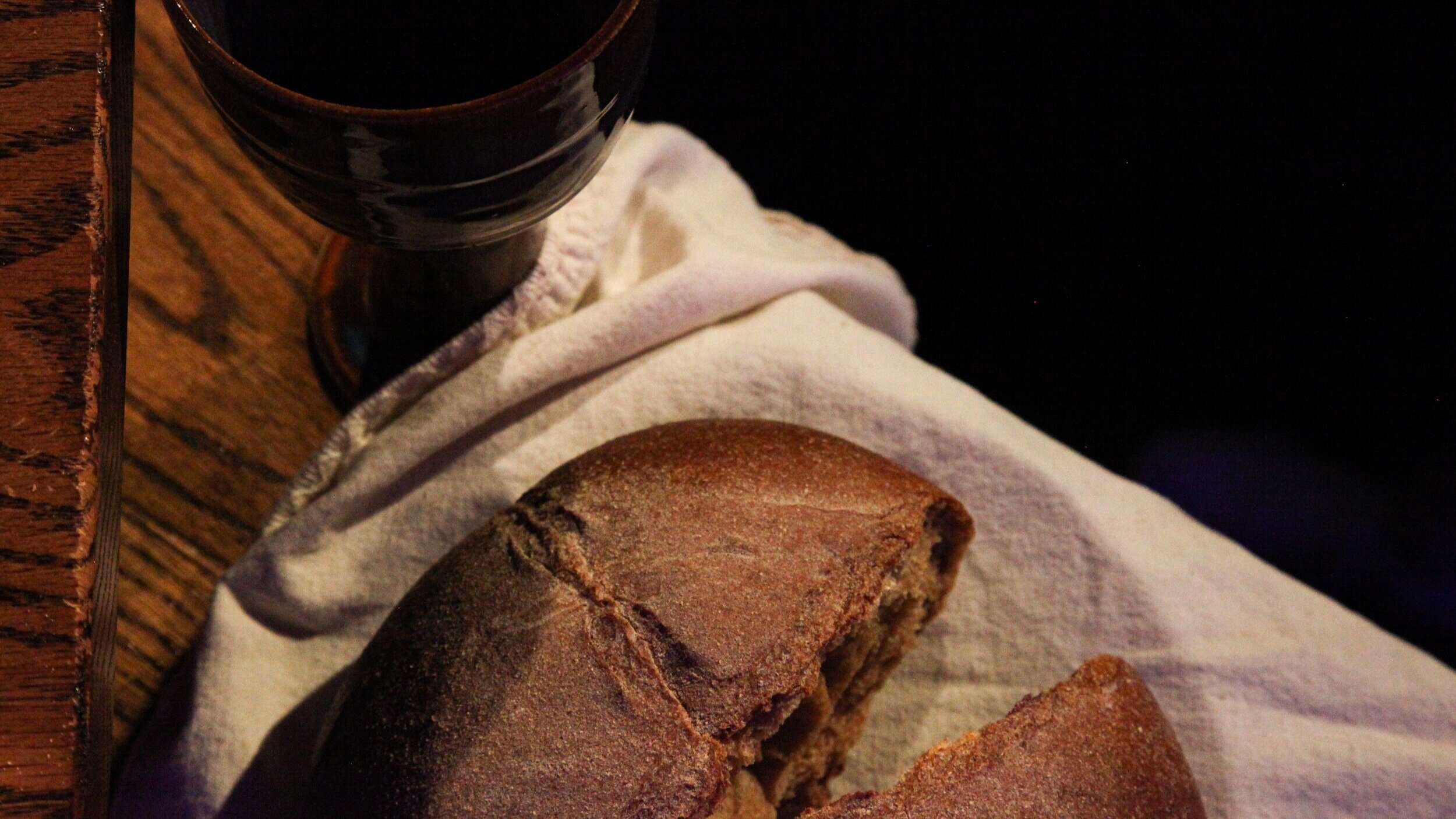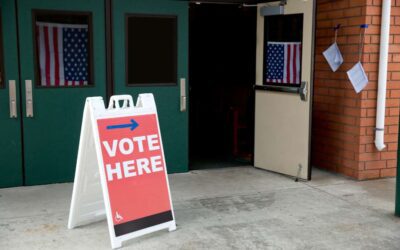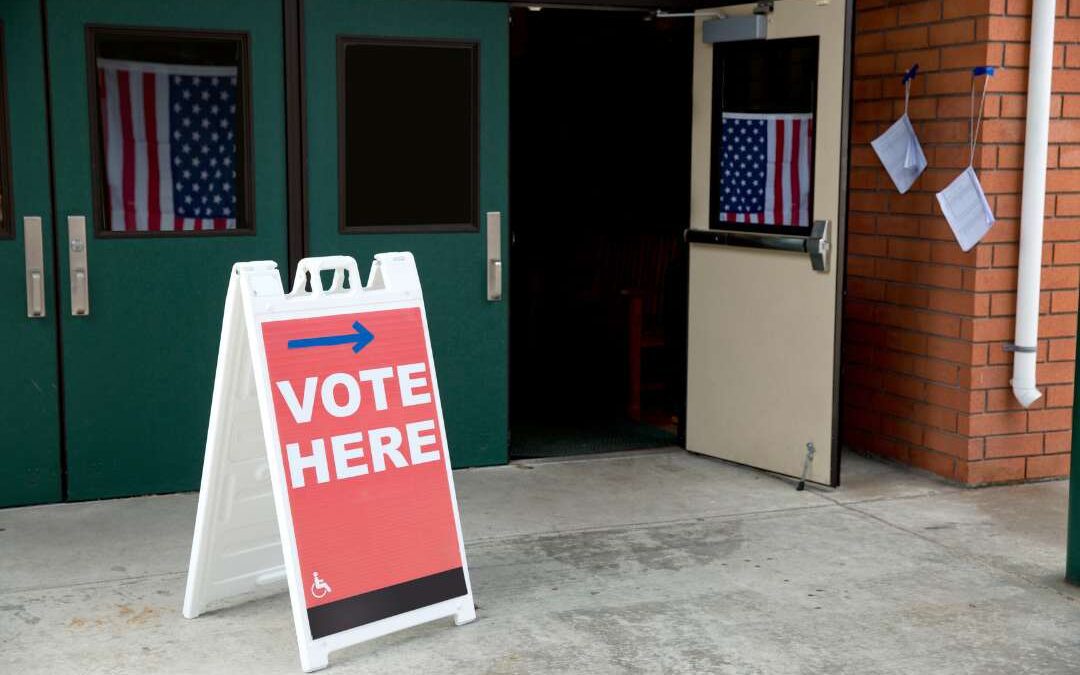“This is Christ’s body, broken for you.” A brother in Christ waited in the communion line. As I prepared to serve him the bread and readied those words in my mouth, I remembered how I’d heard him time and again attempt to delegitimize the concerns of black Americans, to bemoan black cries for mercy as inconveniences. I understood that we were not dear to him even though he might say I was. We were not as important to him as his allegiance to his ideological camp. At every opportunity, he’d subordinated the concerns of the black community to other issues he claimed most robustly upheld the dignity and preciousness of life. His love for black life was caveat-laden.
Despite my discomfort, I delivered my lines as he reached for the bread in my hands, “This is Christ’s body, broken for you.” Though they had been spoken countless times to countless people, this time these words hit differently. In that sacred space between bone and marrow that only God’s truth can touch, the brokenness of Christ’s body became an adhesive. It spoke to a reality transcending my discomfort that urged me to see my neighbor as more than just opposition.
It was unsettling to serve communion to someone who felt more like foe than friend. And yet this sacred meal set by our shared savior spoke to this very relationship—about how we shouldn’t be surprised by a broken world even while we grieve it, about how we are united as brothers and sisters in Christ, and about how our hope and power to practice sacrificial love came only at Christ’s expense. Christ’s broken body made family of foe.
In fact, Christ’s body was broken for those yelling “crucify him.” His body was not broken for friends—after all, apart from his broken body, where could a true friend of his be found? He died for people who, if not for his broken body, would have opposed him to the end. Romans 5:8 says, “But God demonstrates his own love for us in this: While we were still sinners, Christ died for us.” He knew how it felt to offer his body to his enemies. And in that he knew how I felt. In instituting that gesture of memorial and participation at his table, Christ also knew that his broken body alone could heal and unite us, first to himself and consequently to each other. And so, in those words, “This is Christ’s body, broken for you,” I found and find my motivation for loving anyway, bearing anyway, and for seeing this brother as having been brought near to both Christ and me.
So often we think of communion as an individual act of remembrance done corporately. But it is a corporate act, as there is one body, one bread, one cup. 1 Corinthians 10:16–17 says, “Is not the cup of blessing that we bless a participation in the blood of Christ? And is not the bread that we break a participation in the body of Christ? Because there is one loaf, we who are many are one body; for we all partake of the one loaf.” This includes those who have not yet learned to see me as Christ sees me, whether that is due to my race or gender or ability and whether we have a label for this disparity of sight or not. My love for him was not to be caveat-laden. Rather, the table forces me to see my neighbor and my “opponent” in Christ as Christ sees them even as I wait for them to do the same.
Prayer Requests:
- Pray for a deepening awareness of the richness of communion and especially its implications for race relations.
- Pray that the realities secured for us through the broken body of Christ would manifest itself in cross-cultural relationships.
- Pray that conviction over ways we contribute to division in the body of Christ would accompany our taking of communion.











